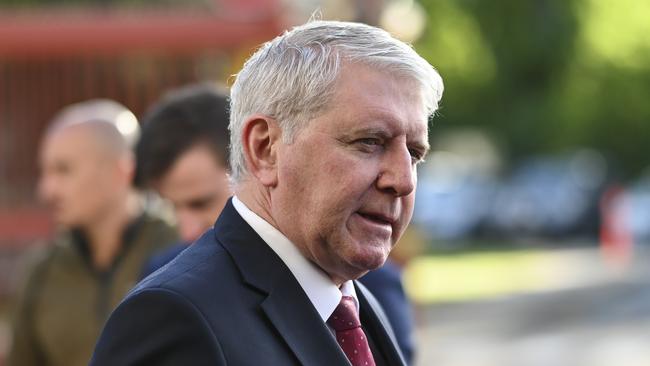Flexibility will improve outdated one-size-fits-all VET system


Some people are lucky to settle on a rewarding career early, but for others finding a career path that fits might take more time, and more trial and error.
If someone chooses to start an apprenticeship, for example, they start down a path that can last two, three or four years.
If they decide midway through to take a different direction, they often have to go all the way back to the beginning and start over – irrespective of what skills they’ve already acquired.
It’s been described to me as a game of snakes and ladders – you get a qualification and climb the ladder but if you then want to do something different, you slide back down.
In some occupations there is a tight relationship between the qualifications and a particular job – like an electrician.
In others, the course material can have applications to many different career paths.
Where the relationship is tight, vocational education and training (VET) qualifications generally work well, providing people with the core skills needed to do the job, and giving employers the confidence that those who complete are ready to do that job.
But what works well for some qualifications doesn’t work for all.
And yet we have a “one-size-fits-all” approach that doesn’t provide the flexibility industry needs to grow and take advantage of emerging markets.
That’s why the Albanese government wants to make sure the qualifications Australians train hard for are going to lead to well-paid, secure jobs, and be as useful as possible if they transition to a different job.
At the moment, the VET qualification system can be a labyrinth to navigate.
There are around 1200 qualifications, over 15,000 units and 650 accredited courses in the national training system.
Of these, over 150 qualifications and over 2500 units have not had any enrolments in the last five years.
We need to focus on designing qualifications that deliver the right skills to more employers from more industries and equip individuals with the capabilities to keep building on their existing skills, to meet the demands of a rapidly changing economy.
So, we’ve been working closely with employers, unions and VET providers to reform the way that these qualifications are developed.
As part of this collaboration, our 10 Jobs and Skills Councils are trialling a new model for developing qualifications which allows each industry to respond to its particular circumstance and need.
These projects will inform what we do next by drawing on experience from the real economy.
For example, the automotive sector is reviewing 15 existing Certificate II pathways so that budding mechanics and auto technicians aren’t forced to specialise too soon, giving them and their employers broader skills and more options.
Another project is looking at training across sectors including hospitality, tourism, hair and beauty, and retail to identify how common skills across service industries could be aligned.
This would recognise and value what workers already know, and not force them to slide down the snake to start up a new ladder from the bottom.
This reflects the analysis by Jobs and Skills Australia that identifies many common skills across occupations and industries.
A new system of qualifications which recognise these common skills will open more job opportunities for more Australians through VET.
Our reforms will help deliver stronger VET qualifications as part of the $30bn, five-year National Skills Agreement struck with states and territories last year.
Our reforms will mean industries can quickly scale up to take advantage of the changing economy.
They will help the clean energy sector get the workers it needs to meet our net zero commitments.
They will support Australians to get the skills they can use not just in their current job but across their working life.
And they will help the Albanese government realise its ambitious Future Made in Australia agenda.
Brendan O’Connor is the federal Minister for Skills and Training.



Find a job you love, and you’ll never work a day in your life is an oft-mentioned adage.